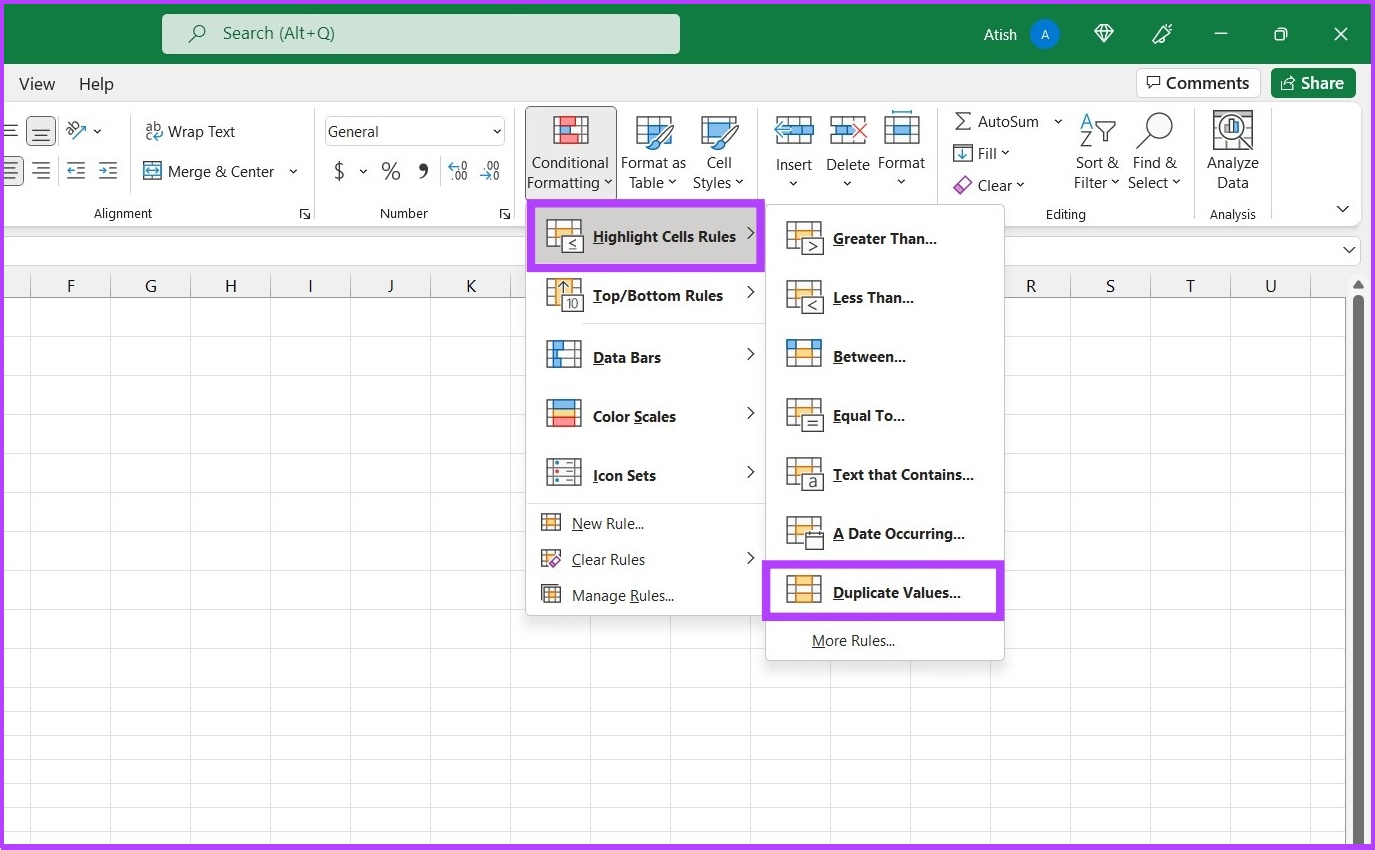Must I Retain Records for My Old Home?

What Records Should I Keep?

When it comes to retaining records for your old home, knowing which documents are worth keeping can be a vital step in maintaining your financial organization. Below are the key records you should consider preserving:
- Property Deed: This is the legal document proving ownership of your home. Keeping a copy ensures you have proof in case of property disputes or if you decide to sell.
- Settlement Statement: Also known as a HUD-1 or Closing Disclosure, this shows all the financial details of buying or selling your home. It's useful for tax purposes and for understanding your financial transaction.
- Purchase Agreement: This contract outlines the terms of the sale, including price, closing date, and any conditions or contingencies.
- Home Inspection Report: Although not a legal document, it can be beneficial for identifying potential issues that might affect the property's value or your decision to sell or buy in the future.
- Loan Documents: Including the promissory note, mortgage, or deed of trust, and any refinancing papers. These documents are critical if you ever need to demonstrate or challenge the terms of your mortgage.
- Insurance Policies: Keep records of your homeowner's insurance, especially if there were claims or coverage changes, as this can impact future insurance premiums or property transactions.
- Home Improvements: Receipts, warranties, and contracts related to home improvements not only provide proof of enhancements but can also offer tax benefits when you sell the property.
- Property Tax Assessments: These documents can show how your property value has changed over time, which is crucial for tax calculations.
- Rental Agreements: If you rented out the home, maintaining these agreements along with any tenant communications can help if disputes arise or for tax purposes.
- Utility Bills: Although not typically necessary to keep long-term, significant changes in utility bills might indicate issues with the property's efficiency.
🔍 Note: The length of time to retain these records can vary. For tax purposes, the IRS recommends keeping records for at least three years from when you file your tax return or two years from when the tax was paid, whichever is later. However, for records pertaining to your home, it's often suggested to keep them for as long as you own the property.
How Long Should I Keep These Records?

The recommended duration for retaining home-related records can be influenced by several factors including:
- Tax Implications: The IRS has rules for how long you should keep tax records, which indirectly influences how long you might want to keep home-related records.
- Property Disputes or Claims: In the event of legal issues, having comprehensive records from the purchase or sale of your home can be invaluable.
- Home Improvements and Selling: Keeping records of improvements and related costs can significantly affect your tax liability when selling your home.
| Record Type | Suggested Retention Period |
|---|---|
| Property Deed | Indefinitely |
| Settlement Statement | 6 years post-sale |
| Home Inspection Report | While you own the property |
| Loan Documents | 7 years after the loan is paid off |
| Home Improvements | 7 years or until sold |
| Property Tax Assessments | Until sold or if needed for tax purposes |

📝 Note: If your home records overlap with other legal or financial obligations, you might need to keep them longer. For example, if your home improvements are part of a business expense, you'll need to keep those records for 7 years.
Organizing Your Home Records

Proper organization of your home records can streamline your financial management and ensure that crucial documents are readily accessible when needed. Here's how you can manage your records effectively:
- Categorize Documents: Keep similar documents together, making it easier to locate specific items when needed.
- Digital Records: Scan or photograph your documents and save them in a digital format. Cloud storage with backups or password-protected hard drives can be used.
- Physical Filing: Use binders, accordion files, or clearly labeled folders to keep your physical documents organized and accessible.
- Indexing and Labeling: Create an index or a table of contents that lists the contents of your records, making it quicker to find what you're looking for.
- Regular Review: Annually review your records to ensure they're up to date and to decide what can be archived or disposed of.
🔔 Note: A combination of physical and digital storage provides security against loss. Physical copies can be affected by disasters, while digital copies can face cyber threats.
In summary, retaining and organizing records related to your old home is crucial not just for legal and financial reasons but also for your peace of mind. Keeping important documents like the property deed, settlement statement, and records of improvements helps in managing property disputes, tax implications, and future selling. Organizing these records categorically and utilizing both digital and physical storage ensures they are preserved and accessible for years to come.
What should I do with records of my old home after selling?

+
Retain key records like the property deed and settlement statement for at least six years for potential tax audits or legal disputes. Less critical records can be safely archived or disposed of.
Can home improvement records benefit me when selling my home?
+
Yes, these records can provide evidence of the property’s value increase due to improvements, potentially reducing capital gains tax when selling the home.
What happens if I lose critical home records?

+
Losing records can complicate property transactions or legal matters. You might need to recreate or obtain duplicates from various sources like your mortgage lender or local government records office.



